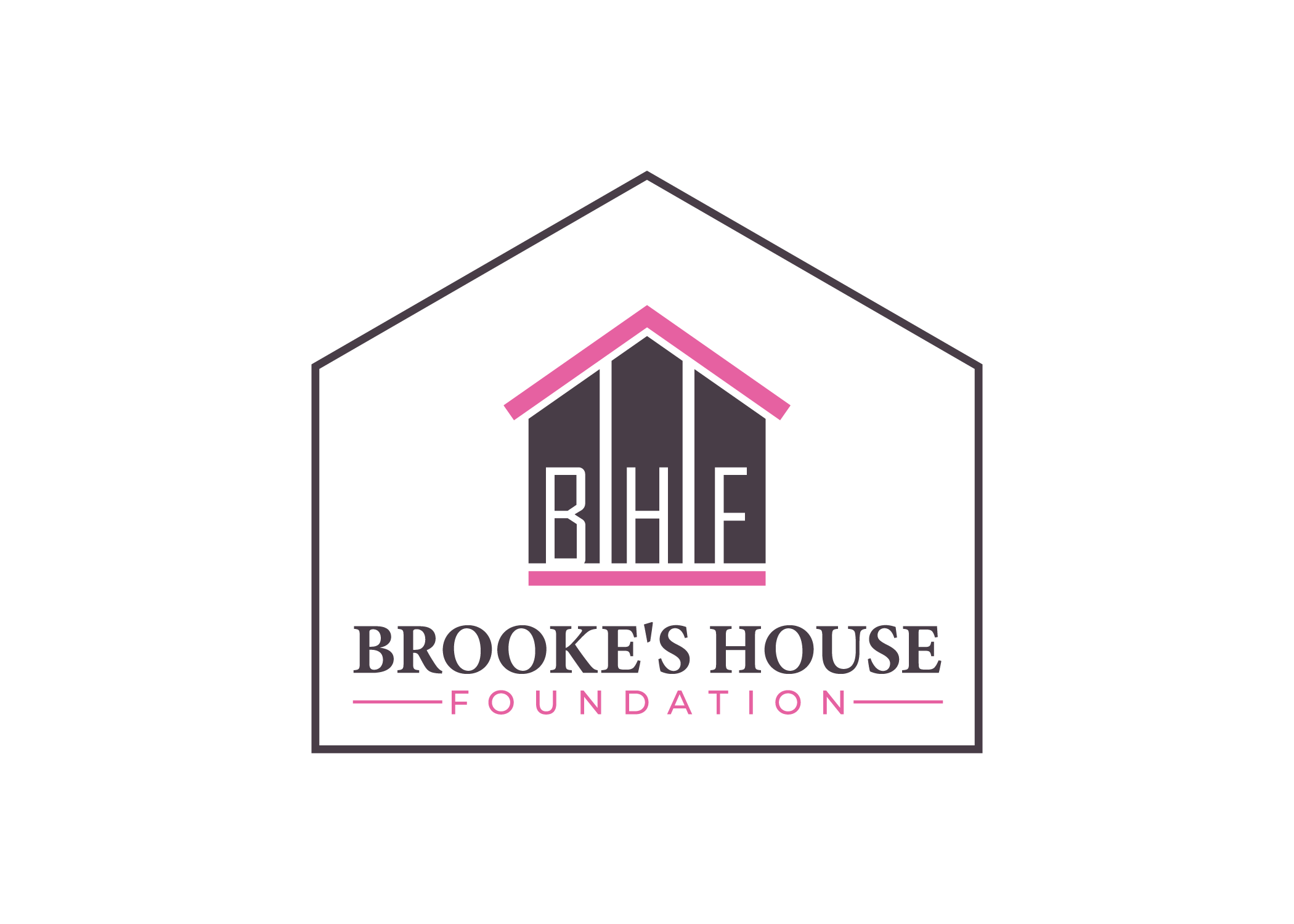
Recovery from medical disorders can be a challenging journey, requiring medical attention and a supportive environment to foster healing and growth. Access to stable housing plays a crucial role in this process, providing a safe and nurturing space for individuals to focus on their recovery. In this article, we will explore several housing solutions that can aid individuals in their path to recovery from medical disorders, promoting physical, emotional, and mental well-being.
1. Housing Solutions for Medical Disorder Recovery Patients
Sober Living Homes: A Haven of Support and Accountability

Sober living homes offer a structured and supportive living environment for individuals in recovery from medical disorders, particularly those dealing with substance abuse or addiction-related issues.
These residences provide a haven free from the temptations and triggers that may have been present in their previous living situations. Residents are expected to adhere to house rules, including regular drug testing, mandatory group meetings, and involvement in house chores, promoting accountability and responsibility.
Moreover, sober living homes foster community and peer support, creating an environment where individuals can share their experiences and learn from one another. The house managers or staff also play a vital role in offering guidance and encouragement, helping residents reintegrate into society while they work on their recovery.
With the combination of structure, support, and accountability, sober living homes can be instrumental in helping individuals develop the skills needed to maintain a sober and healthy lifestyle.
2. Supportive Housing Programs: A Holistic Approach to Recovery

Supportive housing programs take a comprehensive approach to addressing the needs of individuals in recovery from medical disorders, encompassing housing and critical support services. These programs are designed to assist those facing medical disorders, including mental health issues, chronic illnesses, or disabilities, by offering stable housing and tailored support services.
The support services may include counseling, life skills training, medical care coordination, vocational training, and assistance accessing community resources. By addressing the holistic needs of individuals, supportive housing programs empower them to focus on their recovery without the added stress of housing instability.
This comprehensive approach also helps reduce the risk of relapse and enhances the chances of long-term success in maintaining stable housing and improving overall well-being. Supportive housing programs are vital to building a solid foundation for individuals in recovery, ensuring they have the necessary tools and support to thrive despite their medical challenges.
3. Transitional Housing: A Bridge to Independence
Transitional housing programs serve as a crucial bridge for individuals in recovery from medical disorders who are ready to transition back into independent living. These programs offer a structured and supportive environment that helps individuals gradually adjust to life outside treatment facilities or other intensive care settings.
Transitional housing typically comes with a time-limited stay, allowing residents to practice the skills they have learned during their recovery journey while still having access to necessary support.
Transitional housing residents must often participate in counseling or therapy sessions, attend support groups, and engage in vocational or educational programs. This combination of support and empowerment equips individuals with the tools and confidence needed to reintegrate into society successfully.
Transitional housing programs also offer a sense of community, as residents often share similar experiences, providing a network of understanding and encouragement during this critical transitional phase.
4. Homeownership Assistance Programs: Stability and Long-Term Investment
Homeownership assistance programs can be a transformative solution for individuals in recovery from medical disorders who have achieved stability and are ready for a long-term commitment. These programs aim to make homeownership more attainable for low-income individuals, including those in recovery, by providing financial assistance or offering affordable mortgage options.
Owning a home provides stability and a sense of ownership and is a long-term investment in an individual’s future. Homeownership can foster a strong sense of pride and accomplishment, boosting self-esteem and reinforcing a positive trajectory in recovery.
Additionally, having a stable and nurturing environment like a permanent home can further support individuals in maintaining their well-being and avoiding potential triggers that could jeopardize their progress.
5. Mobile Health Clinics: Bringing Healthcare to Vulnerable Communities
In some cases, individuals in recovery from medical disorders may face challenges accessing healthcare services, primarily if they reside in remote or underserved areas. Mobile health clinics can play a crucial role in bridging this gap by bringing essential medical and mental health services directly to these vulnerable communities.
These clinics, equipped with medical professionals and necessary facilities, can offer regular check-ups, counseling sessions, and medication management to individuals in recovery, ensuring they receive the ongoing care they need.
Mobile health clinics provide medical assistance and serve as a vital connection between individuals and the more extensive healthcare system. They can help patients schedule appointments with specialists, obtain medications, and access other essential resources, fostering continuity of care and preventing interruptions in their recovery journey.
By reaching out to those in remote or underserved areas, mobile health clinics contribute to more equitable and inclusive healthcare for individuals in recovery.
6. Peer Support Programs: Empowering Recovery through Shared Experiences
Peer support programs have proven instrumental in promoting recovery and overall well-being among individuals facing medical disorders. These programs create a supportive network of individuals who have experienced similar challenges, allowing them to connect, share their stories, and offer mutual encouragement.
The power of lived experiences can be incredibly impactful, as peers can provide unique insights, empathy, and practical advice to one another.
Peer support programs can be implemented in various housing solutions, such as sober living homes, transitional housing, and supportive housing programs. These programs offer emotional support and help individuals build essential coping skills, resilience, and self-esteem.
By fostering a sense of belonging and community, peer support programs empower individuals to feel less isolated and more motivated to continue their journey toward recovery.
Conclusion
By prioritizing stable housing solutions such as sober living homes, supportive housing programs, and transitional housing, we can create a strong foundation for individuals in recovery from medical disorders. Coupled with mobile health clinics and
